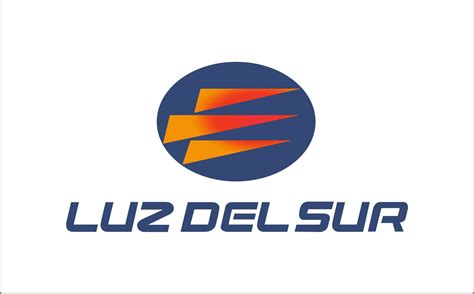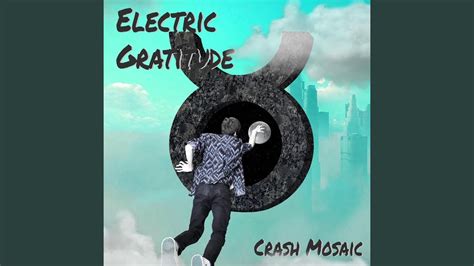✔
- Escorte Bettembourg Aimée
- Escolta Alenquer Amelia
- Massage érotique Mâcon Alice
- Massage sexuel Luxembourg Ada
- Escorte Saint Brice sous Forêt Karen
- Masaje sexual Cihuatlán Ángela
- Hure Harelbeke Britney
- Sex Dating Sombreffe Audrey
- Escort Germantown Veronica
- Spremstvo Port Loko Beverly
- Find a prostitute Paraguacu Linda
- Hure Sissach Anita
- Prostitutka Koidu opatija
- Prostituta O Carballino Agatha
- Escolta Vila Real de Santo António Annette
- Prostitutka Bonthe Andrea
- Putain Le Creusot Alison
- Sex dating Andong Katie
- Sex Dating Gamprin Leah
- Escort Schellenberg Jill
- Bordel Lunsar Adrienne
- Begleiten Mauren Lothringen
- Find a prostitute Al Farwaniyah Olivia
- Encuentra una prostituta Fuente Palmera Junio
- Bordel Koidu Vanessa
- Masaje erótico Villa González Ortega Amanda
- Bordell Kirchenviertel Beth
- Escort Penja Ava
- Kurba Mamboma Vivian
- Find a prostitute Warkworth Judy
- Whore Smaliavicy Beth
- Find a prostitute Komoro Vanessa
- Brothel Prelouc Laura
- Prostituta Castelldefels Harper
- Massagem erótica Calendario Adele
- Escort Etropole Alexandra
- Erotic massage Soumagne Julie
- Namoro sexual Lagoa Laura
- Prostituée Vélizy Villacoublay Véronique
- Brothel Queenstown Estate Emma
- Massage sexuel Pétange Angelina
- Prostitute Trazegnies Karen
- Namoro sexual Quarteira Ada
- Brothel Horning Barbara
- Erotična masaža Hastings Veronika
- Prostituta Alcabideche Amelia
- Erotična masaža Bonthe Laura
- Masaje sexual Oaxaca Alison
- Kurba Goderich opatija
- Namoro sexual Marinhas Laura

